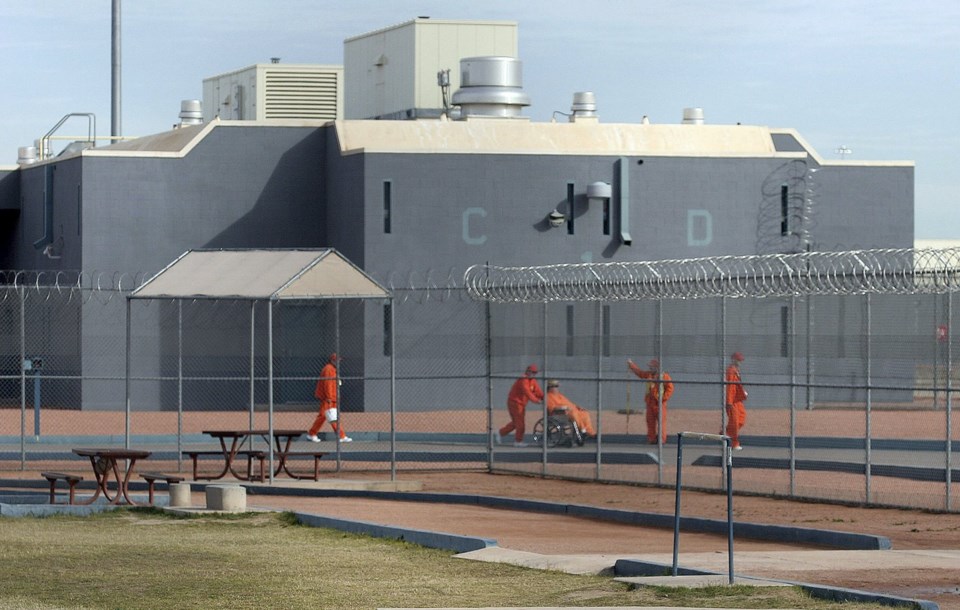PHOENIX (AP) — Lawyers for 25,000 people incarcerated in Arizona have asked a judge to take over health care operations in state-run prisons and appoint an official to run them, saying the state is not capable of fixing deep failures in care even though it has been required to do so over the last decade.
In a filing Tuesday, the attorneys said a takeover is urgently needed because the Arizona Department of Corrections, Rehabilitation and Reentry lacks the leadership to comply with changes ordered by a judge in a 2012 lawsuit over the quality of medical and mental health care for prisoners.
The first constitutional violation in the case was found in 2015, they said, and “A decade later, defendants still have not demonstrated the will, knowledge, or capacity to reform their prison healthcare system.”
Arizona settled the case in 2014 but for years was dogged by complaints that it failed to follow through on its promises. The court slapped the state with contempt fines of $1.4 million in 2018 and $1.1 million in 2021. The settlement was eventually thrown out due to Arizona’s noncompliance, and a trial was ordered.
In a blistering 2022 verdict, U.S. District Court Judge Roslyn Silver ruled that the state was violating prisoners’ constitutional rights by providing them with inadequate care, knew about the problem for years and refused to correct it.
She also said prison health care deficiencies resulted in preventable deaths and issued an injunction requiring corrections authorities to fix the constitutional violations.
In September 2019 lawyers representing the prisoners made a similar request for a takeover, also known as a receivership. Though Silver has previously shied away from granting that, she later said she would revive that possibility if the state acts in bad faith or fails to comply with the court-ordered changes.
Lawyers for prisoners pointed to a recent report from a court-appointed expert who said health care for prisoners “remains poor, has shown little improvement since the start of the Injunction, and continues to place the residents at significant risk of serious harm, including death.”
The corrections department and Democratic Gov. Katie Hobbs' office did not immediately respond to messages seeking comment on the request.
Past receiverships have been ordered for prisons in other states. In California in 2005, a federal judge seized control of the prison medical system after finding that an average of one inmate a week was dying of medical neglect or malpractice.
The Arizona lawsuit does not cover the nearly 10,000 people incarcerated in private prisons for state convictions.
Jacques Billeaud, The Associated Press



